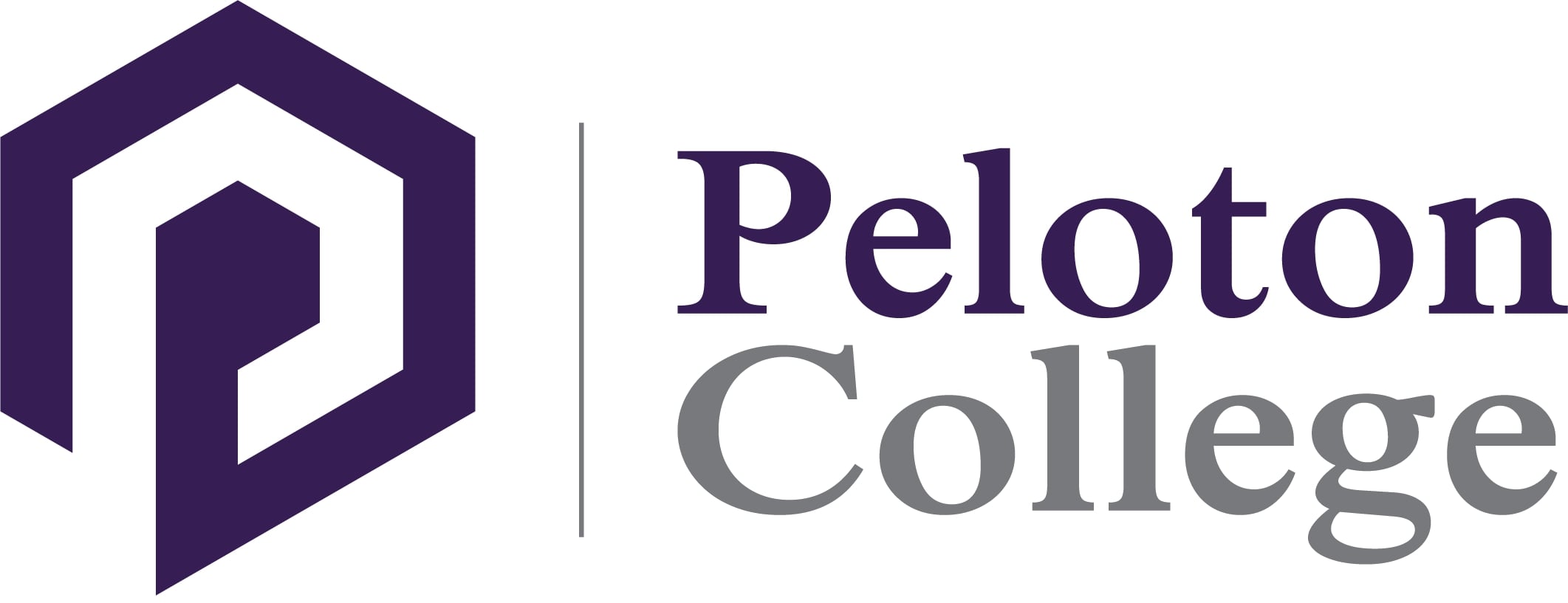Which Certification is Better: Cisco or CompTIA?

People are often drawn to a career as an IT specialist because of the many career options. IT specialists take on responsibilities that range from server maintenance to fighting against cybersecurity threats. The range of options is one of the most compelling aspects of the career. However, the sheer scope of subjects you need to learn about can also raise a lot of questions. It’s not always easy to know which subjects to focus on, how to prove your mastery of them or the most efficient way to study. However, there are some fairly straightforward answers to all of these questions. And it begins by comparing CompTIA and Cisco certifications to highlight the best options for IT specialists.
What is CompTIA?
The Computing Technology Industry Association (CompTIA) is a non-profit trade association that was founded in 1982. CompTIA was one of the first trade associations to anticipate the growing role of IT-based technologies in the modern workplace. At that time computers were still a niche item, but CompTIA laid down an initial set of certifications to prove high levels of competency with those technologies.
As the IT industry grew and expanded so did CompTIA. The association’s certification exams are renowned for their thoroughness and attention to detail. When you have a CompTIA certification in any given subject you’ve more than proven your mastery of it. With that in mind, there are a few CompTIA certifications that are particularly noteworthy for IT specialists.
CompTIA A+
A+ certification covers an immense amount of material. As such, it’s divided into two separate exams. The extreme depth of A+ certification is due to the growth of IT as a whole. A+ is a foundational certification that touches on most aspects of modern computing. As new technologies come into being the A+ certification grows to encompass them.
The A+ certification originally focused on desktop-based computers and servers. However, the average person now uses multiple platforms which including mobile devices and laptops to name a few. And enterprise-level technologies have grown from servers to new virtualized platforms like the cloud. A+ certification covers the fundamentals of those platforms and more. It also attests to the certification owner’s ability to work with almost any type of computer. It’s important to note that A+ does have some overlap with other specialized certifications, but A+ generally acts as a basic introduction to subjects like networking and security. While specialized certifications like Network+ and Security+ go into more depth.
CompTIA Network+
CompTIA’s Network+ certification does cover much of the same networking topics presented in CompTIA’s A+ certification. However, the Network+ certification uses this as a foundation to build upon for its more advanced topics. Network+ covers everything needed to design and maintain a network. This includes both wired and wireless options. And, indeed, interoperability is emphasized throughout many networking-related subjects. This focus on interoperability includes different types of networks. However, it also stresses the importance of supporting different operating systems and hardware platforms within a company’s larger network. This is especially important in today’s modern workplaces where people may want to use their personal hardware for telecommuting.
Network+ is also notable for being largely platform agnostic. Many networking certifications focus on specific vendors. For example, Microsoft is an important name within the IT field. It’s not uncommon for Microsoft’s networking certifications to focus on Windows servers to the point of excluding Unix-based systems. However, Network+ can attest that the certification holder can work on almost any type of network from any vendor.
CompTIA Security+
CompTIA’s Security+ certification also has some overlap with the security-focused topics in both A+ and Network+. However, as with Network+, Security+ builds on those foundational elements to highlight more advanced topics. Security+ puts heavy emphasis on a defensive model of network security. This means hardening networks against potential attacks, but Security+ also covers the use of advanced monitoring and security tools to both detect and counter any attack.
Additionally, Security+ provides a similar focus on interoperability as is seen in the Network+ certification exam. Every device and environment on a network has different security concerns. And, likewise, every platform has its own unique benefits and detriments to the overall network’s security. A cloud server, smartphone, Linux server, and Windows workstation might not have a lot in common on a technical level, but they can all interact on the same network. Security+ attests to you’re able to work with the unique elements in those systems and protect them and the larger network against any cyber threat.
What Is Cisco CCNA Certification?
Of course, there are several certification options other than those provided by CompTIA. The Cisco Certified Network Associate (CCNA) certification is one of the most notable and applicable for IT specialists. As the name suggests, it’s a certification issued by the networking specialists at Cisco Systems, Inc.
The multinational tech giant is widely known for its expertise with advanced networking systems. And the CCNA testifies to the holder’s proficiency with those systems. The CCNA covers many of the subjects found in A+, Network+, and Security+. In addition, it also puts additional emphasis on automation and programmability. CCNA does focus on Cisco’s own technologies, but make no mistake, it also covers elements shared among IT-related systems as a whole.
Is Cisco or CompTIA Certification a Better Option?
At this point, you might be wondering if it’s best to go with CompTIA or Cisco. Is one of these certification paths better than the other? There are some objective benefits to each one. For example, Cisco’s certifications can provide you with some skills specifically tailored to the company’s own technologies.
But the more important question is whether you should choose between them at all. It’s quite common for people to hold multiple certifications. And a strong technical school program can prepare you for both certification paths. However, the ability to prepare for multiple certifications is only the tip of the iceberg. Technical schools provide future IT specialists with a wide variety of benefits.
What Are the Benefits of a Technical School Program?
One of the most significant benefits of a technical school program is that you will use the same environments you’ll experience in the workforce. This begins with your instructors. They’re industry-experienced professionals who’ve worked in many different IT conditions. They’re the experts you’ll be working alongside one day, and they have the experience you’re working toward exemplifying within your own career trajectory.
This type of direct tutelage means you’re not just learning about the industry in an academic or abstract sense. You’re also learning about the ways in which real-world conditions can change everything within a split second. For example, studying for Security+ certification means knowing about the technical details of cyber threats, but talking to an expert also lets you learn about how clients and coworkers respond to those developments. All of this presents you with a wider view of IT-related workplace and ensures you don’t have any gaps in your education.
Firsthand Experience
The real-world preparation doesn’t end there either. A technical school also lets you get firsthand experience with the same advanced hardware that you’ll find in a professional setting. This is an important part of the experience since enterprise-level hardware is often cost-prohibitive. You won’t be able to set up a cutting-edge network at home with all the latest routers and servers, but you’ll be able to work with them at a technical school.
Identify a Real Career Path
You’ve already seen some of the advantages which come from having experienced experts teaching classes. This also helps within the larger context of your career path. You’re able to get a better idea of what various takes on the larger role of an IT specialist entails. For example, if you like one specific aspect of the field you can discuss ways to leverage that preference in your career path.
A technical school program exemplifies that you can choose which direction is personally best for you. You’ve seen that there are different benefits with both Cisco and CompTIA. It’s natural to hold out one as an objectively better choice, but that’s seldom the case with anything in IT.
Final Thoughts
If two technologies, or subjects, exist in IT then they usually have unique benefits, and a technical school program gives you first-hand experience with the popular options that exist within the larger workforce, it’s ultimately up to you to decide which of those options is the most fulfilling path to follow. And of course, you can even make the decision to work through multiple options at the same time and master both the Cisco and CompTIA certifications.
Want to Learn More?
Under this Information Technology training program, you will learn Network Administration and how to build, troubleshoot and maintain computer systems. You will also learn to build networks to specifications using Cisco routers and switches. The Information Technology Support Professional program at Peloton College will prepare you to sit for the following certifications: including CompTIA A+, Network+, Security+, CCNA, CWNA and ITIL foundation certifications.
The mission of Peloton College is to be the premier provider of hands-on training and education by providing you with the necessary skills to secure occupational careers. Contact us today to learn more.



